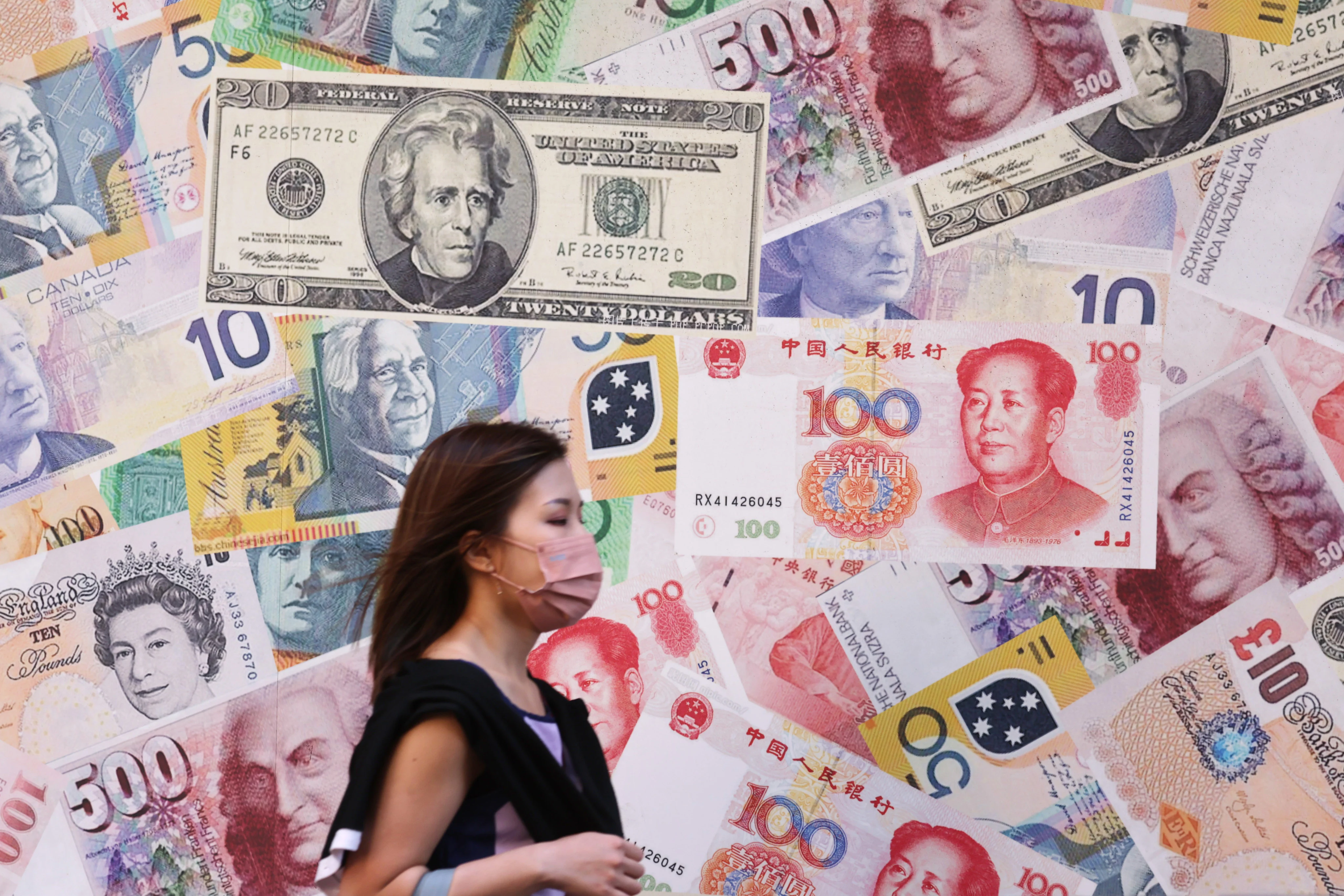By Oscar Liu
Copyright scmp

Hong Kong will increase its renminbi usage by issuing more yuan bonds and settling some government expenditures, paving the way for mainland Chinese investors to use the currency to trade locally listed stocks, a minister has said.
Secretary for Financial Services and the Treasury Christopher Hui Ching-yu said on Thursday the move would address the question of how the city could use the yuan it received from various channels.
Hui was expanding on Chief Executive John Lee Ka-chiu’s policy address on Wednesday, which highlighted bolstering Hong Kong’s role as a renminbi hub.
The city is the world’s largest offshore renminbi business hub.
Lee said Hong Kong would issue more yuan bonds and consider using the currency for government expenditures.
On Thursday, Hui said the new measures would pave the way for the inclusion of a yuan trading counter under the Stock Connect’s southbound trading scheme for Hong Kong stocks.
“Our exchanges with mainland China are deepening, and there are many opportunities or pilot programmes where we can use yuan for payment,” Hui said.
He said this included preparations for the planned inclusion of the yuan counter on the Hong Kong stock market, which meant mainland investors could use the currency to trade stocks listed in the city.
He added that the government would make arrangements for stamp duty in stock trading to be collected in yuan.
“It also addresses the question of how we will use the yuan we receive through different channels. Based on this consideration, we have a matching settlement solution in place,” Hui said.
According to the latest available figures from the Hong Kong Monetary Authority (HKMA), the city’s de facto central bank, yuan deposits increased by 6.4 per cent in July, reaching 938.2 billion yuan (US$132 billion) by the end of the month. This rise was primarily due to fund flows from corporations.
The total remittance of yuan for cross-border trade settlement in July was 1.7 per cent higher, at 1.24 trillion yuan, than in June.
Hui noted the current transaction volume for the yuan and its related settlement arrangements was not substantial, adding that the new measures were a natural extension of using the currency.
“It is more demand-driven, in the sense that many or some other things that we buy or purchase are actually from the mainland,” said the minister, referring to when the government issues yuan-denominated bonds and pays interest in the currency, as well as when it purchases services or goods from the mainland.
The minister added that there was a strong demand for investments driven by the mainland economy.
He noted that the country’s outbound direct investment surpassed 1 trillion yuan last year, which reflected an accelerated pace of enterprises “going global”.
Hui said that this trend was also seen in Hong Kong, where southbound stock trading accounted for 24.5 per cent of the total trading volume in the first eight months of this year.
Meanwhile, Financial Secretary Paul Chan Mo-po told the media that Hong Kong was the No 1 offshore renminbi centre, with its capital pool now exceeding 1 trillion yuan.
He said the importance of the currency on the international stage was increasing, noting that even some Middle Eastern countries were now accepting it for oil sales to China.
Gary Ng Cheuk-yan, a senior economist at Natixis Corporate and Investment Bank, said it was a positive move to roll out more choices in terms of yuan equities and bonds.
“The higher usage and funding mix in yuan can mitigate the potential risks from global geopolitical developments and the de-dollarisation trend. It is a move to diversify and not put all eggs in one basket,” he said.
At the beginning of this year, HKMA and the People’s Bank of China announced a series of measures to deepen cross-border connectivity and support Hong Kong’s role as an offshore renminbi hub.
The measures included a 100 billion yuan trade financing facility for banks, a new programme for offshore renminbi repurchase agreements, and enhancements for mainland investors to invest in Hong Kong via the southbound channel of Bond Connect.
Additional reporting by Vivian Au



